Center for Litigation and Courts at UC Law – SF



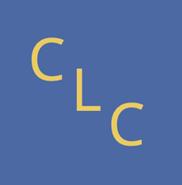 CLC Founding Director Professor Scott Dodson
CLC Founding Director Professor Scott Dodson
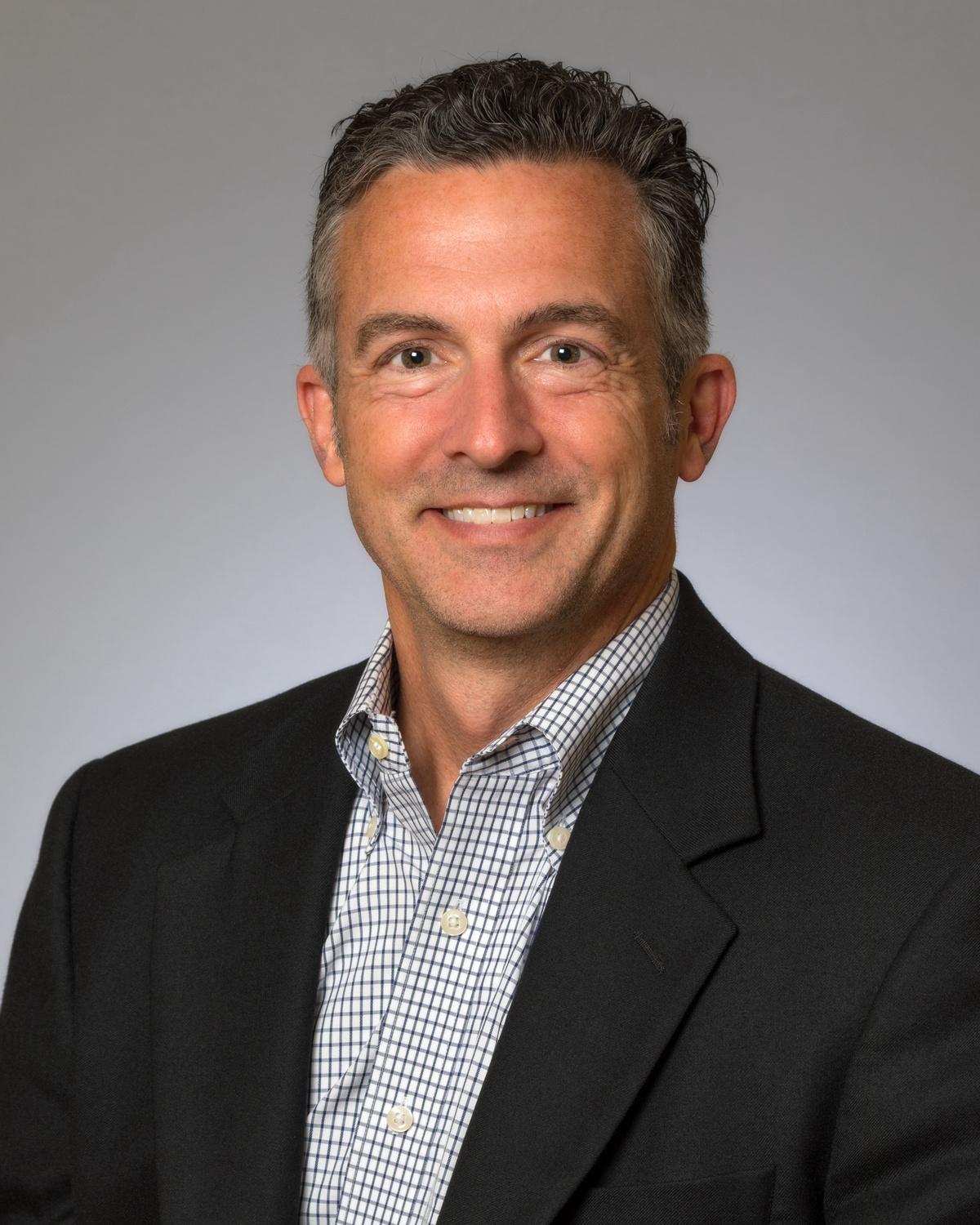 Scott Dodson
Scott Dodson
No other academic center in the world has the broad mandate of studying civil litigation and the courts. The Center for Litigation and Courts at UC Law has that mandate
Founded in spring 2021, CLC has become a leader in bringing academic discussion, knowledge, and guidance to the varied topics of the field of civil litigation. By partnering with key organizations like NITA and the National Judicial College, CLC hosts educational and skill-building events for the bench and bar. CLC hosts and cosponsors an annual academic conference on the cutting-edge topic of complex litigation ethics. CLC researchers produce original scholarship on litigation and courts, testify before governmental bodies, and submit court briefs that further its mission. CLC publishes The Judges’ Book annually and holds moot courts for attorneys appearing before appellate courts around the country. For UC Law students, CLC houses the nationally ranked Trial Team and is the focal point for the Concentration in Civil Litigation and ADR
CLC is playing its part to expand the knowledge of civil litigation and courts and to disseminate that knowledge in ways that help develop and improve civil justice I hope you will join me in supporting that effort.
The nonpartisan Center for Litigation and Courts was established in 2021 with the following mission:
to expand the knowledge of civil litigation, alternative dispute resolution, and the courts;
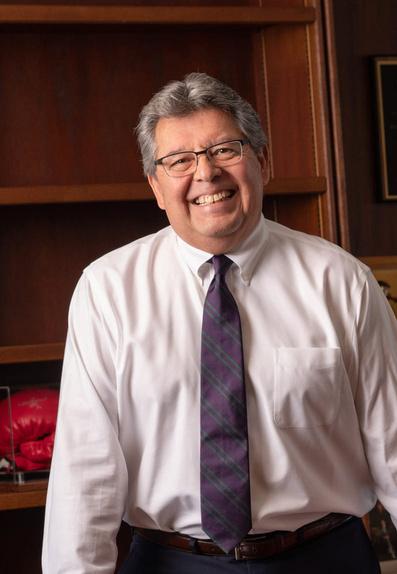
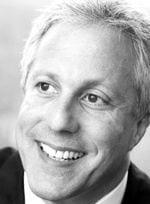
to disseminate that knowledge to the bench, bar, legal academy, and public; and
to supply resources and guidance to members of the UC Law community interested in civil litigation
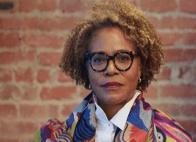
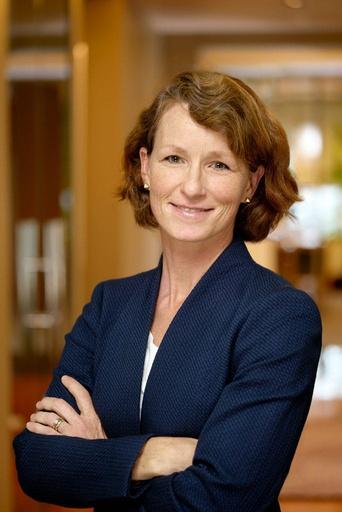
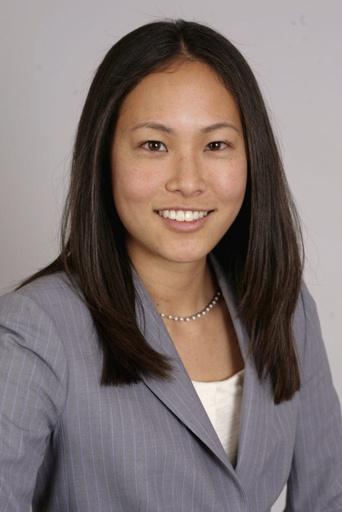

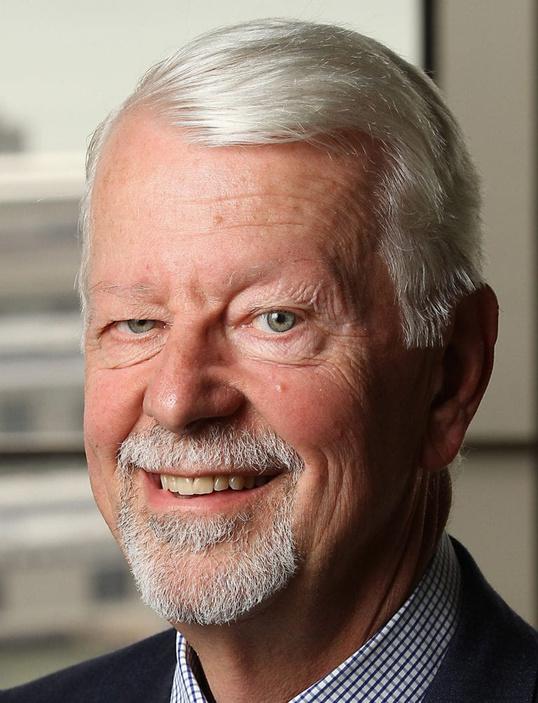
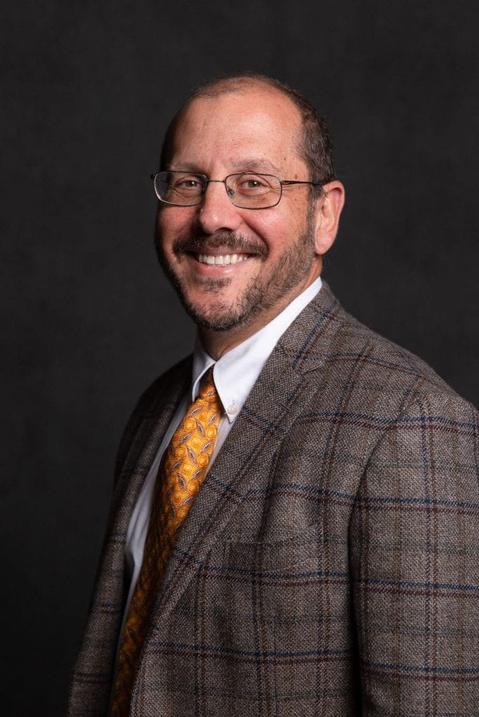
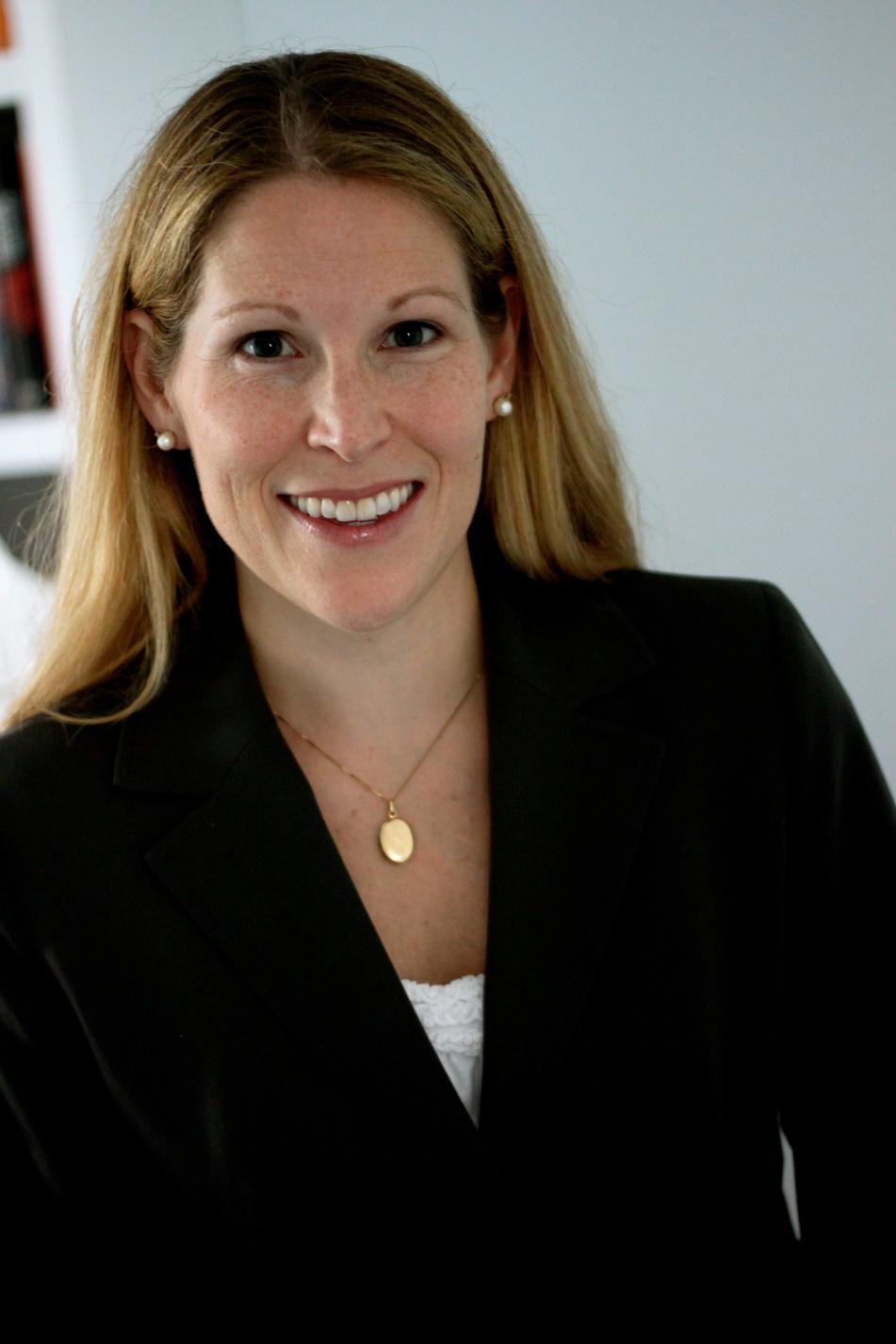
 Professor Scott Dodson Founding Director Leah Spero Senior Appellate Practice Fellow
Joshua P. Davis Research Professor of Law
The Hon Vaughn Walker (ret ) Visiting Scholar
Richard S Flier ADR Services, Inc
KellyMatayoshi FarellaBraun+MartellLLP
DenaSharp GirardSharpLLP
ClaudeStern FormerlyofQuinn EmanuelUrquhart& SullivanLLP
TheHon EdwardJ Davila US DistrictJudge EliseTraynum ACLUofNorthernCalifornia
Professor Scott Dodson Founding Director Leah Spero Senior Appellate Practice Fellow
Joshua P. Davis Research Professor of Law
The Hon Vaughn Walker (ret ) Visiting Scholar
Richard S Flier ADR Services, Inc
KellyMatayoshi FarellaBraun+MartellLLP
DenaSharp GirardSharpLLP
ClaudeStern FormerlyofQuinn EmanuelUrquhart& SullivanLLP
TheHon EdwardJ Davila US DistrictJudge EliseTraynum ACLUofNorthernCalifornia
The traditional rationale of federal diversity jurisdiction is to protect out-of-state parties from state-court bias favoring an in-state adversary Yet a strikingly high percentage more than 50% of original domestic-diversity cases are filed by instate plaintiffs Why? Drawing on docket data and an original dataset based on responses to a survey sent to more than 12,000 attorneys who represented in-state plaintiffs in domestic-diversity cases, this study find that in-state plaintiffs who invoke federal diversity jurisdiction can be grouped into roughly three categories: (1) tort cases, filed by individual plaintiffs against corporate defendants, eligible for consolidation with an existing MDL; (2) in-state corporate plaintiffs represented by attorneys who tend to represent defendants in federal court who invoke diversity jurisdiction primarily based on perceptions of advantages of federal court; and (3) instate plaintiffs represented by attorneys who tend to represent plaintiffs in state court who invoke diversity jurisdiction to preempt the defendant’s likely removal of the case. These findings offer grounds for reforming the diversity-jurisdiction statute in more tailored and nuanced ways than have previously been proposed.
The U.S. Supreme Court is under intense pressure to improve its transparency. One area in which transparency is sorely needed is in the Court’s rulemaking process for its own rules. The Supreme Court Rules are made and amended in a black box the Court promulgates and amends them with neither oversight nor transparency. This article, relying on interviews with current and former government officials, opens that black box to reveal the history of the rulemaking process for the Supreme Court Rules from the 1980s to the present That process, as contrasted with the open and participatory rulemaking process for the lower-court rules, is unique in its secretive and insular nature The article analyzes the justifications of such an approach and finds none persuasive The article then turns to modest proposals for reform that will benefit the rulemaking process at marginal cost to the Court
“The Making of the Supreme Court Rules”
“Why Do In-State Plaintiffs Invoke Diversity Jurisdiction?”
Law&SocialInquiry(2023)
This annual compilation of UC Law faculty scholarship of particular interest to judges is published and mailed, free of charge, to all federal judges nationwide and all California state judges The sixth edition was published in 2022.
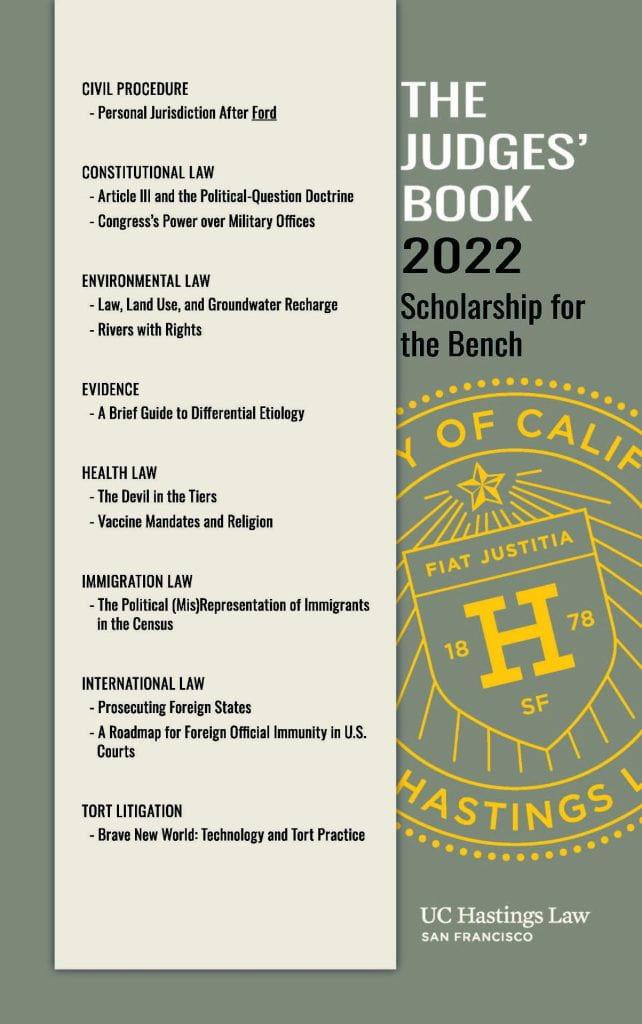
CAAP offers oral-argument prep to appellate practitioners appearing before the California Supreme Court and other appellate courts across the nation. CAAP recently held its 13th moot.
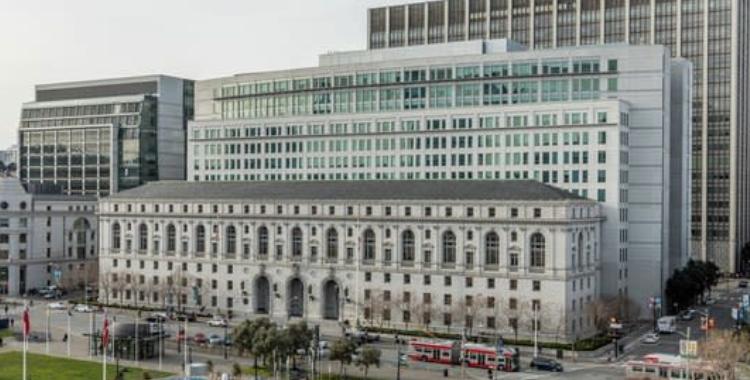
“The moot court was absolutely invaluable in helping me prepare for argument. One of the questions from the justices duplicated, almost word-for-word, one of the questions posed during the moot. The moot court experience helped jumpstart my thought processes and helped me switch from preparation mode to argument mode.”
– Daniel Barer, Partner at Pollak, Vida & Barer in Los Angeles, CAThis annual conference, hosted on the UC Law campus and cosponsored by Huntington National Bank, is the only recurring event addressing complex litigation ethics It brings together luminaries in the field judges, scholars, lawyers, and others to discuss cutting-edge topics of critical importance to civil justice The fall 2022 conference, which offered a total of 8 hours of CLE, included the following panels:
Panel 1: Adapting Ethics to Complex Litigation
Panel 2: Ethics in Funding Complex Litigation
Panel 3: DEI in Complex Litigation
Panel 4: Communications with Absent Class Members
Panel 5: Third Party Filers: Helpful or Hurtful?
The conference organizers also presented the inaugural Ethics Awards to Judge William Fletcher, U S Court of Appeals for the Ninth Circuit, Elizabeth Cabraser, Lieff Cabraser Heimann & Bernstein LLP, and Fred Alvarez, Coblentz, Patch, Duffy & Bass LLP.
The conference is organized by CLC Research Professor Joshua P. Davis, with advice and support from the conference advisory board:
Hon. Yvonne Gonzalez Rogers, District Judge, N D Cal
Professor Myriam Gilles, Cardozo Law School
Professor Brad Wendel, Cornell Law School
Sarah Ray, Partner, Latham & Watkins LLP
Eric Cramer, Chairman, Berger Montague PC
Nina Gliozzo, Associate, Girard Sharp LLP
CLC houses UC Law’s nationally recognized Trial Team, which competes against other law schools around the country in various mock-trial competitions sponsored by law schools, bar associations, and legal organizations. In 2023, the trial team won its regional division and was one of only 30 teams invited to compete in the National Trial Competition The team was composed of student advocates Chitra Kulkarni (class of 2024) and Andrew MacDonald (class of 2023) and was coached by Emily Stover (class of 2017) and Cliff Smoot (class of 2015). Special thanks to longtime Trial Team director Professor Geoff Hansen.
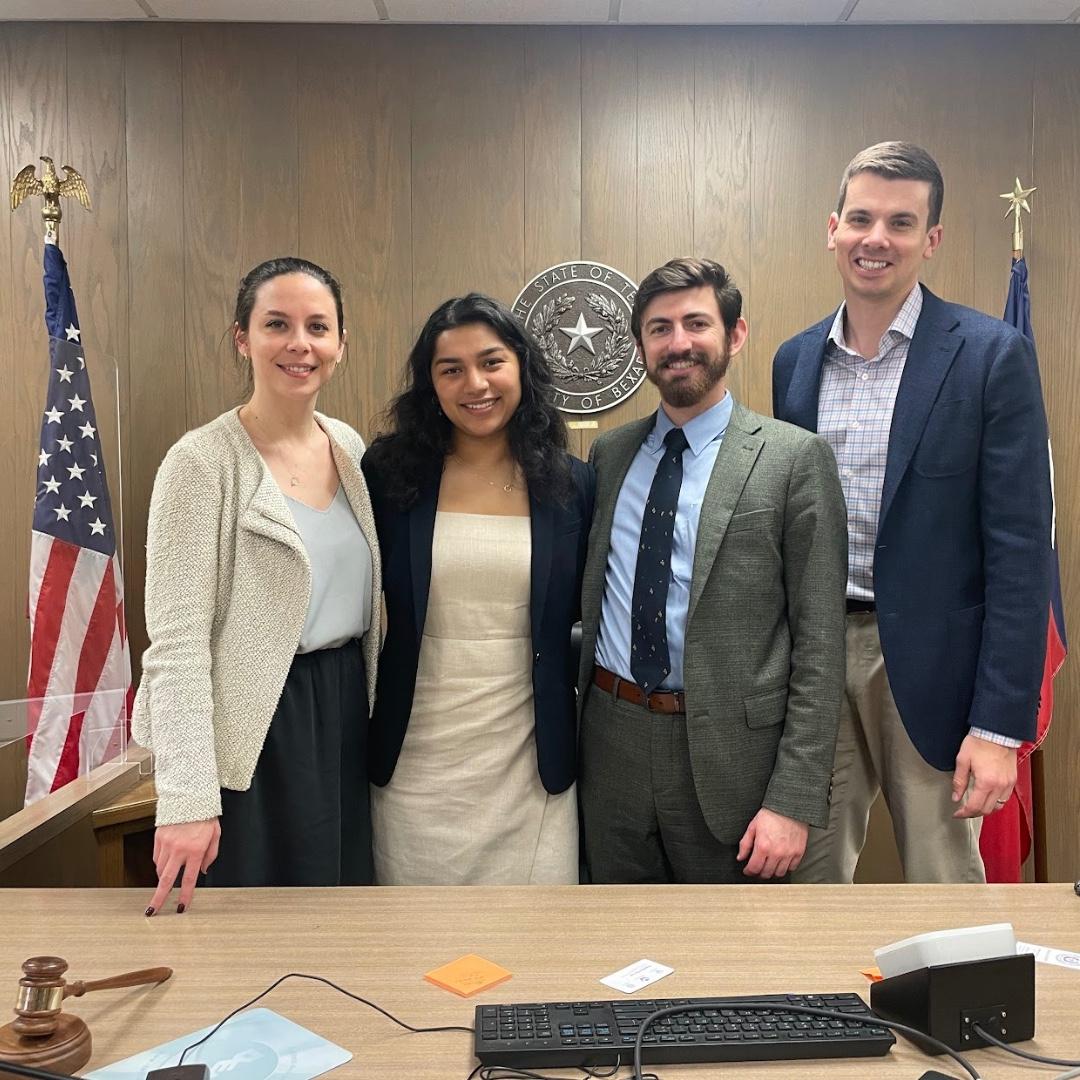
“I am so proud of our students, whose performance at nationals represents the best of UC Law. Their extraordinary accomplishment suggests that, for our grads with an interest in litigation, the sky’s the limit.”
- Scott Dodson, CLC Director
Chancellor and Dean David Faigman
Provost and Academic Dean Morris Ratner
CLC Staff and Affiliates
CLC Advisory Board
Huntington National Bank
Donate
Connect
Website: sites.uclawsf.edu/clc
Email: clc@uchastings.edu
Twitter: @LitCenter